Dear Sami,
Can you explain to your readers why saying things like, “I have black friends” and “Are you actually queer?” to people of color in queer spaces is harmful?
From, Mad About Microaggressions
(This issue of Dear Queer White People is written by guest writer, Sarah Stouffer-Lerch)
Dear Queer White People,
First off, let’s talk about what microaggressions are. They are subtle, everyday acts of discrimination. Usually relying on stereotypes or snap judgments, they communicate hostile messages, particularly towards marginalized groups, and often lead to feelings of “otherness” or isolation.
Many people of color are familiar with being asked where they are from or told that their English is good. These interactions imply there is something about them that doesn’t quite belong. Given the long history of ostracization that marginalized groups have faced and are currently facing, knowing the impact microaggressions have on people of color in the queer community is important. That brings us to MAM’s request.
Prefacing any sentence with “I have black friends” (or any other marginalized group) is a microaggression because it attempts to remove the responsibility of any harm caused by the speaker by projecting the emotions, opinions, and thoughts of a single “friend” onto a whole group. This is called “tokenism.”
A fantastic research project by Camisha D. Fagan from the University of Nevada has linked several verbal microaggression phrases to their implied meaning. Tokenistic phrases like “I have black friends” send the message that someone’s words or actions cannot be racist simply because they happen to have friends of color. In her book, So You Want to Talk About Race, author Ijeoma Oluo also describes microaggressions that “aren’t always delivered in words.” Examples include a woman who grabs her purse as a minority person passes by, or a clerk following a person of color around the shop.
Questions like “Are you actually queer?” are particularly harmful, especially when asked to a person who is both queer and from a racialized group. QTPOC* are often made to be spokespeople for their race, yet not always allowed to define their queerness in their own terms. In either case, a QTPOC is denied individuality through invalidating messages. These types of messages are conflicting and, as Oluo writes, “cumulative.” Over time, regular exposure to these microaggressive questions, statements, and body language can have real, lasting effects such as anxiety and depression.
Perhaps now some of you are thinking, Okay, I get what microaggressions are and how they can be hurtful. But how can I express interest in the QTPOC community without perpetuating microaggressions?
Keep in mind, there is nothing wrong with being curious about another person’s culture, beliefs, and identities. In fact, one of the best ways to avoid unintended insensitivity is getting to know someone from a group you wish to know more about. You should do so, however, with the intent to understand them as a person rather than a token member, and realize one QTPOC does not speak for all QTPOC, even if common experiences are shared within the group.
You should also acknowledge your own role. Anyone can perpetuate microaggressions, and it is not the responsibility of the oppressed group to show you right from wrong. If you are called out on a microaggression, don’t be defensive or cite that your one black friend said it’s okay. Even if it was not your intent to cause harm, listen: someone telling you how your actions hurt them means they trust you will consider their point of view. You are being given an opportunity to do better. Take that opportunity, and be better.
It is your responsibility to reflect on the emotions and expectations you feel toward a particular group. Do you act differently around a POC? Do you inadvertently doubt a QTPOC’s truths? The more you question your own feelings, the more aware you will be of actions, statements, and questions that have harmful consequences on members of marginalized groups. Use your own understanding to minimize—and ultimately eradicate—microaggressive language and gestures in yourself and others.
*QTPOC = queer and/or trans people of color

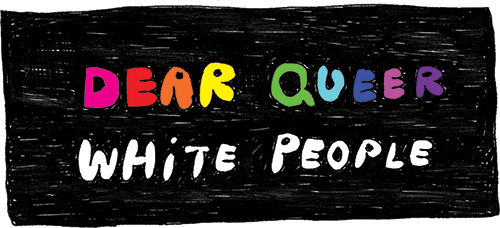


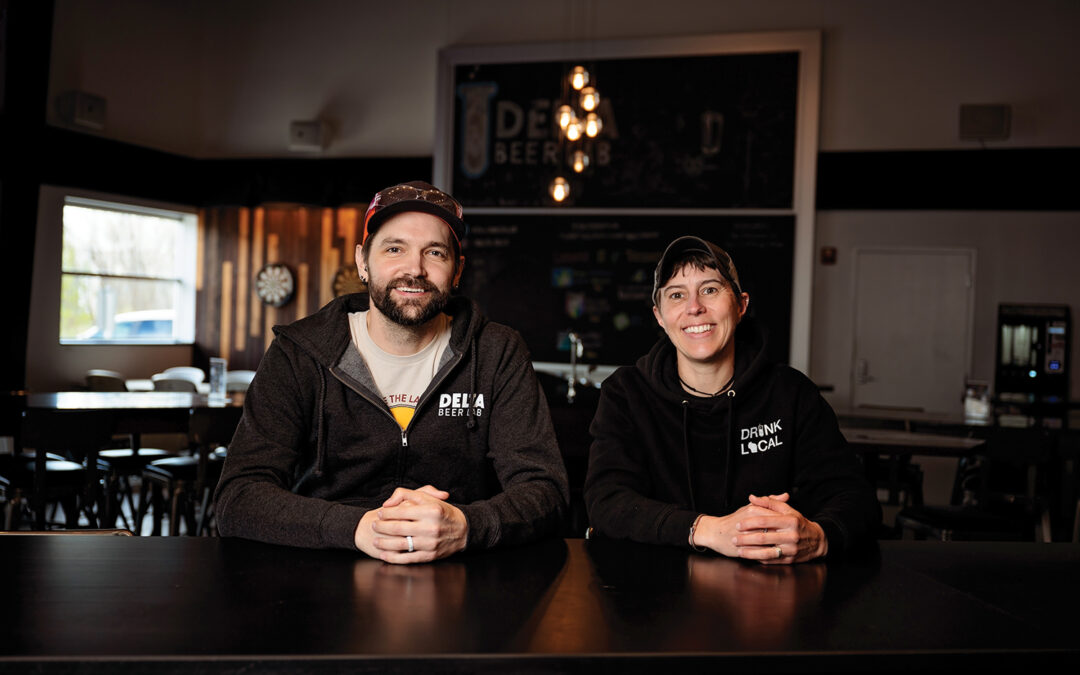
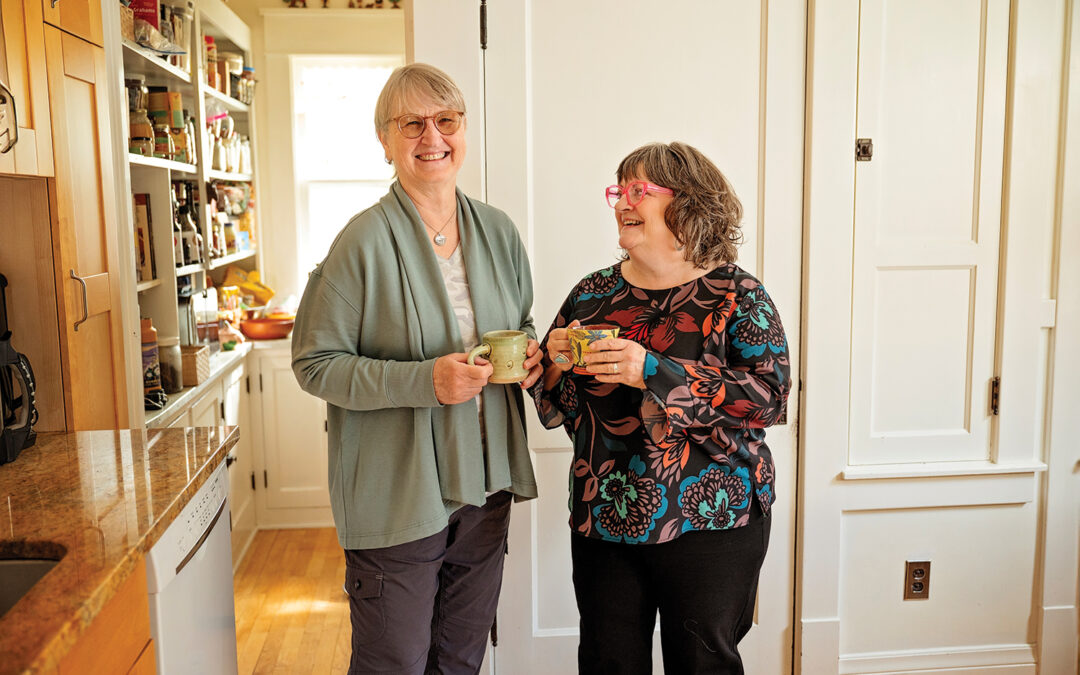
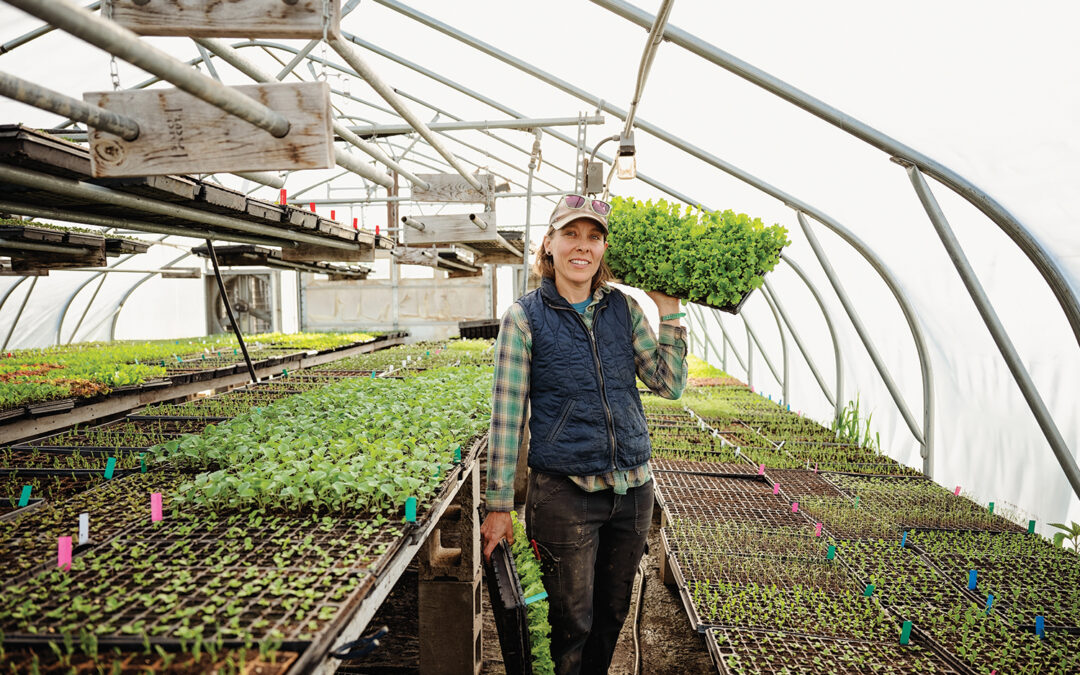
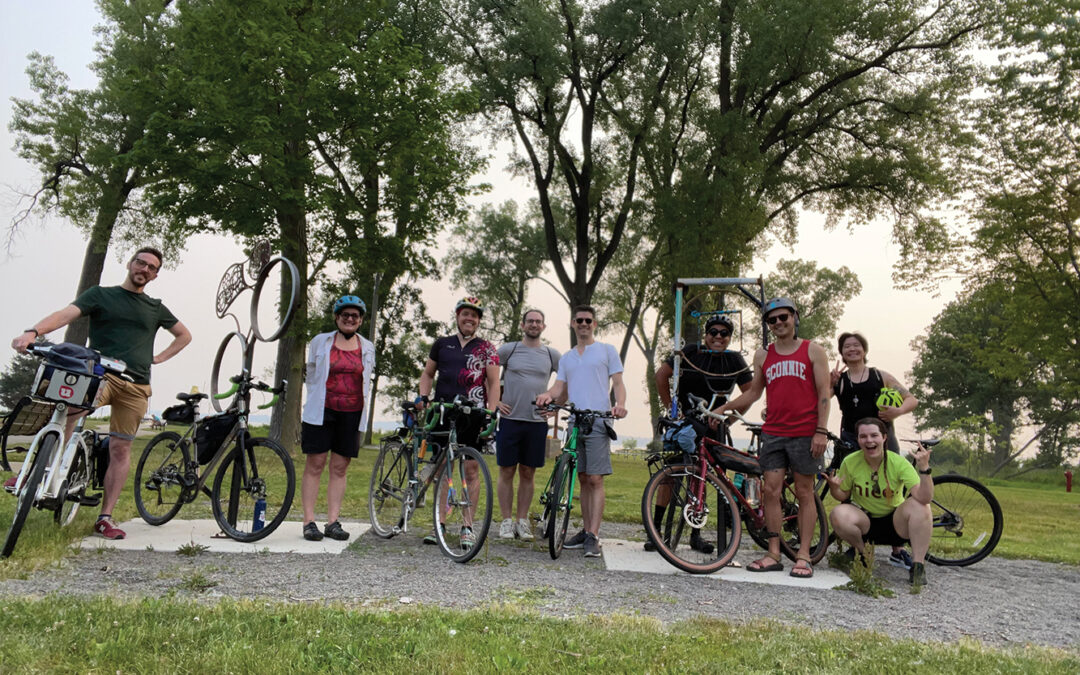
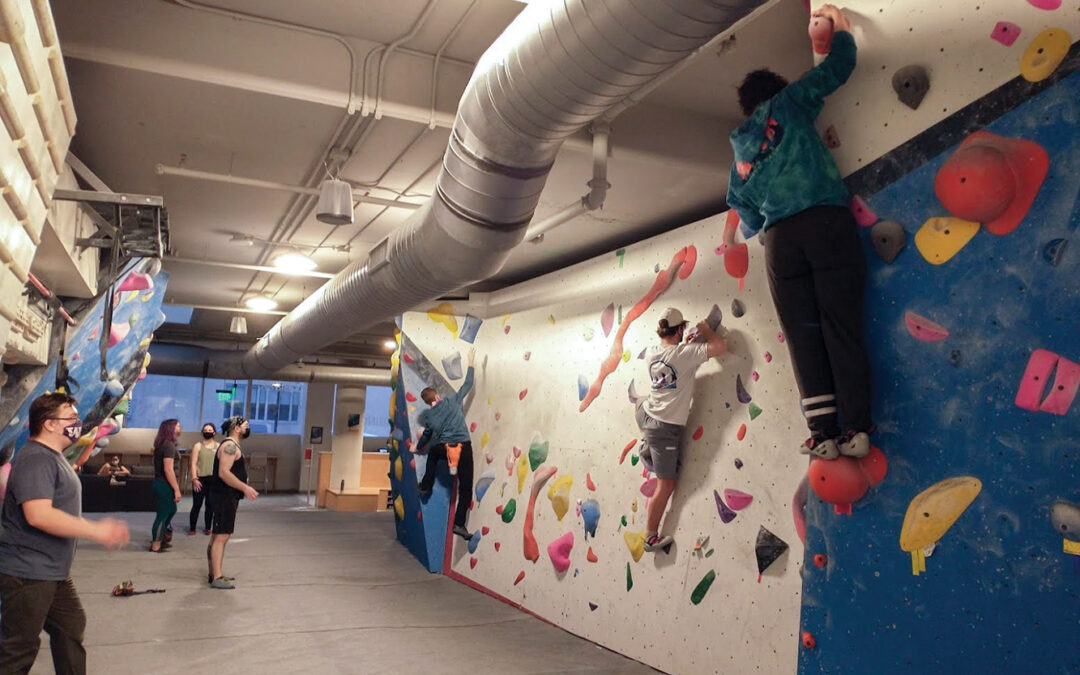

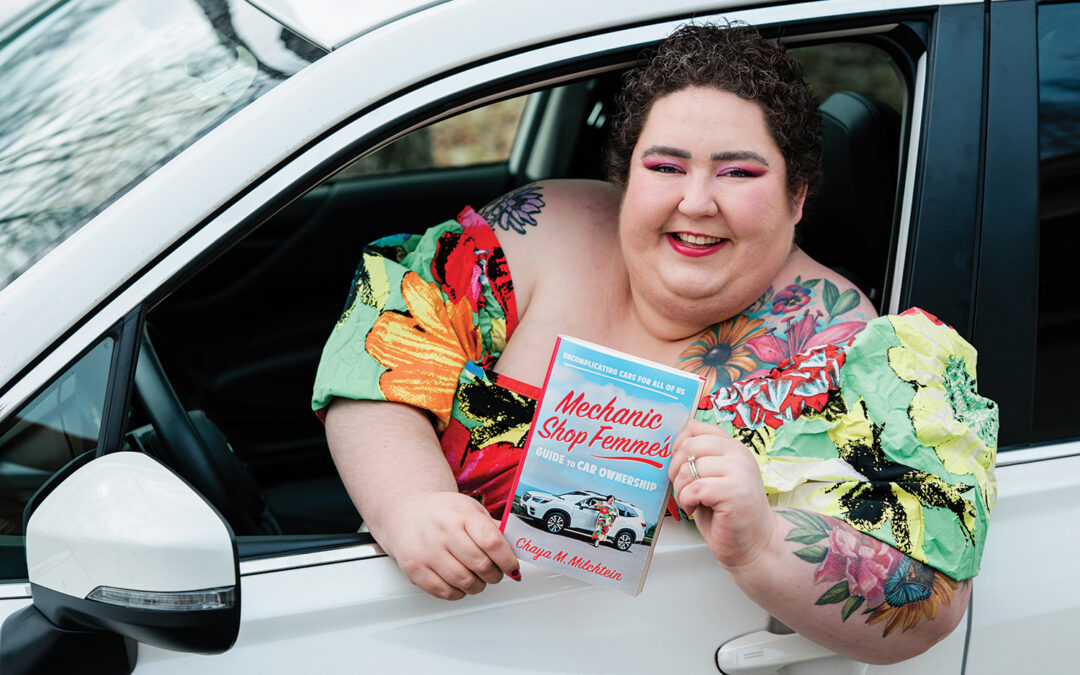
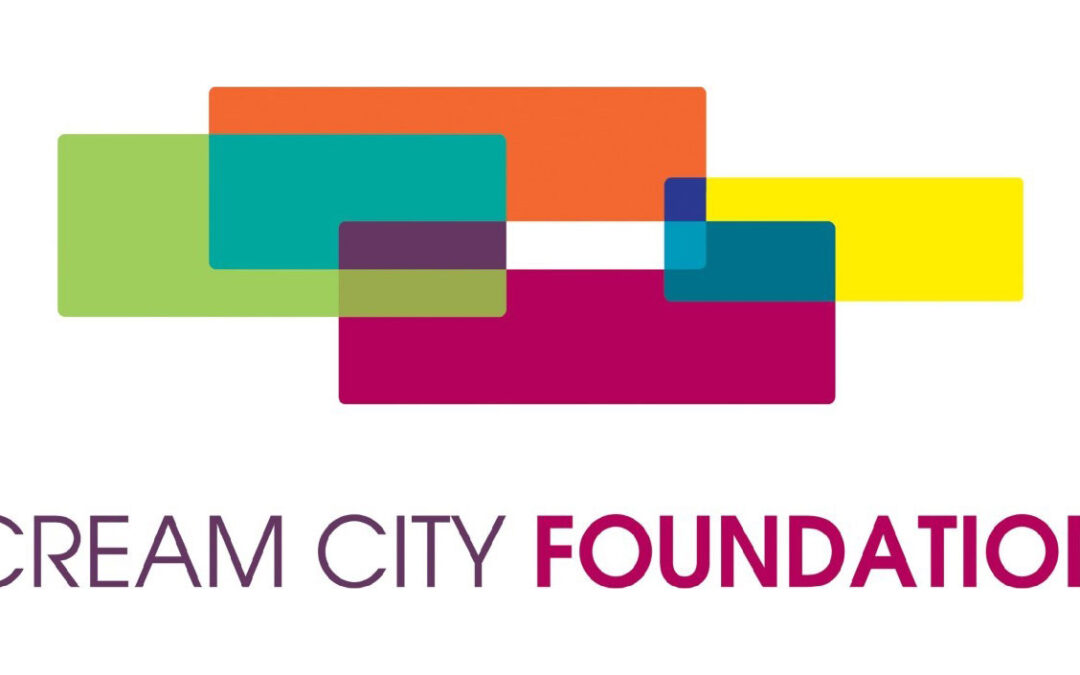
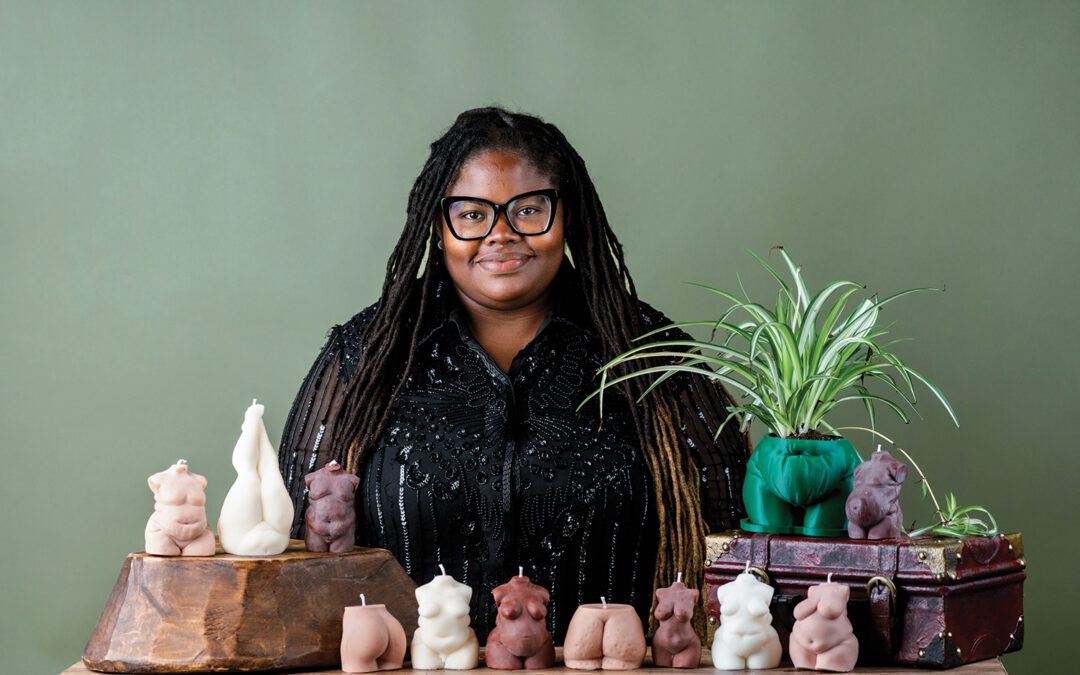
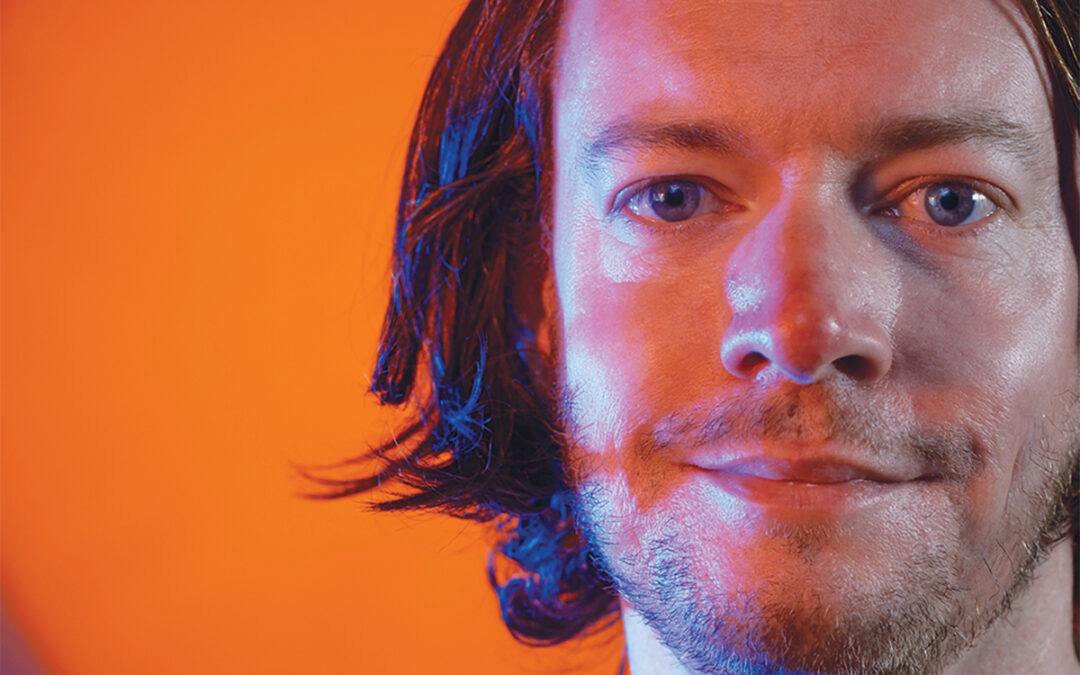
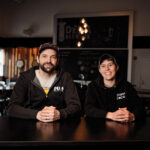

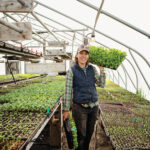
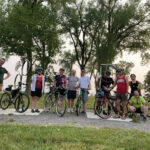

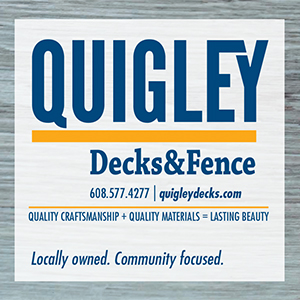

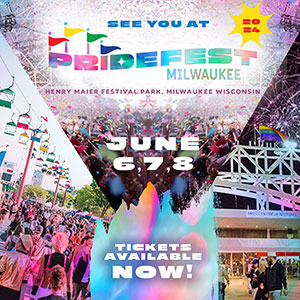

0 Comments